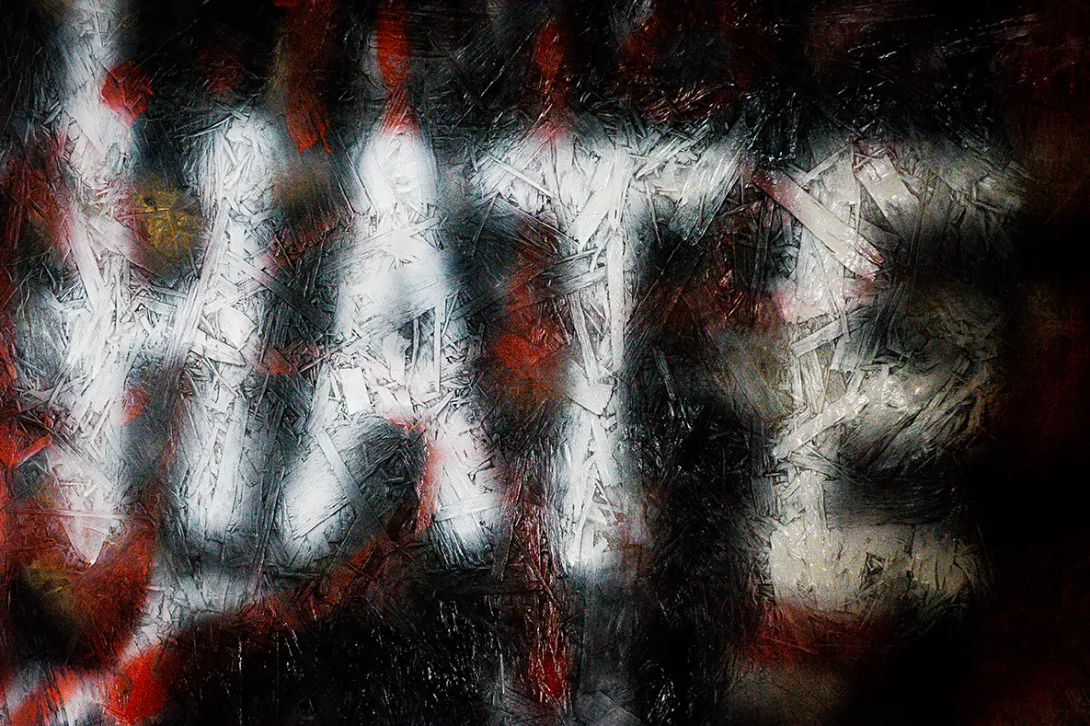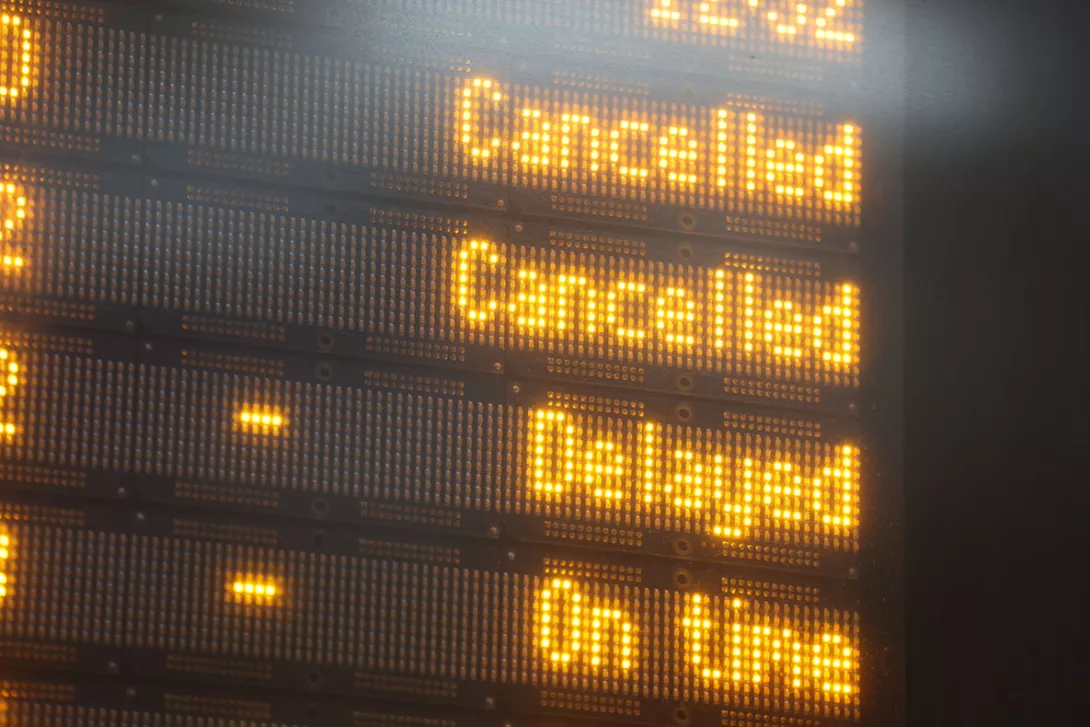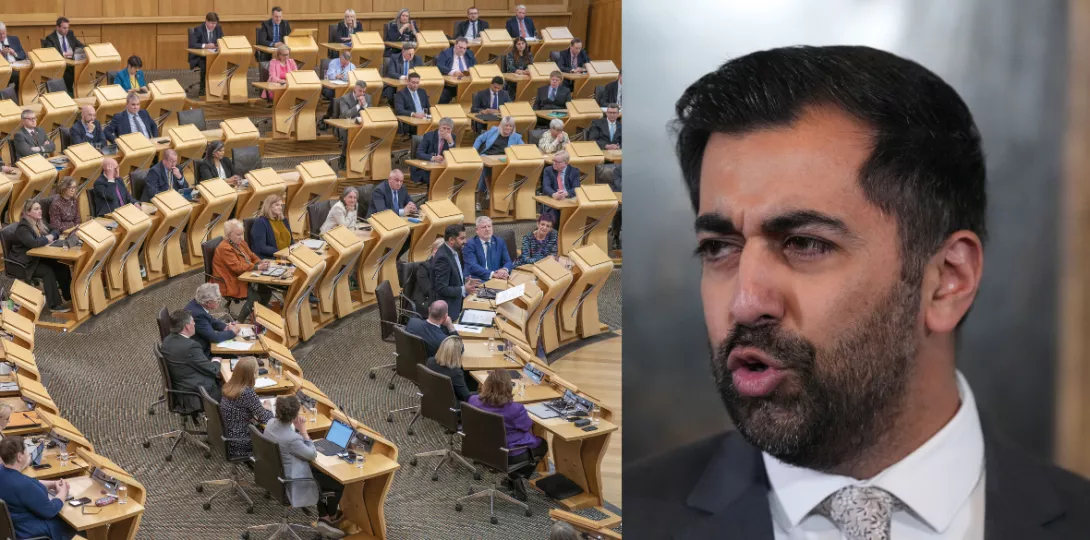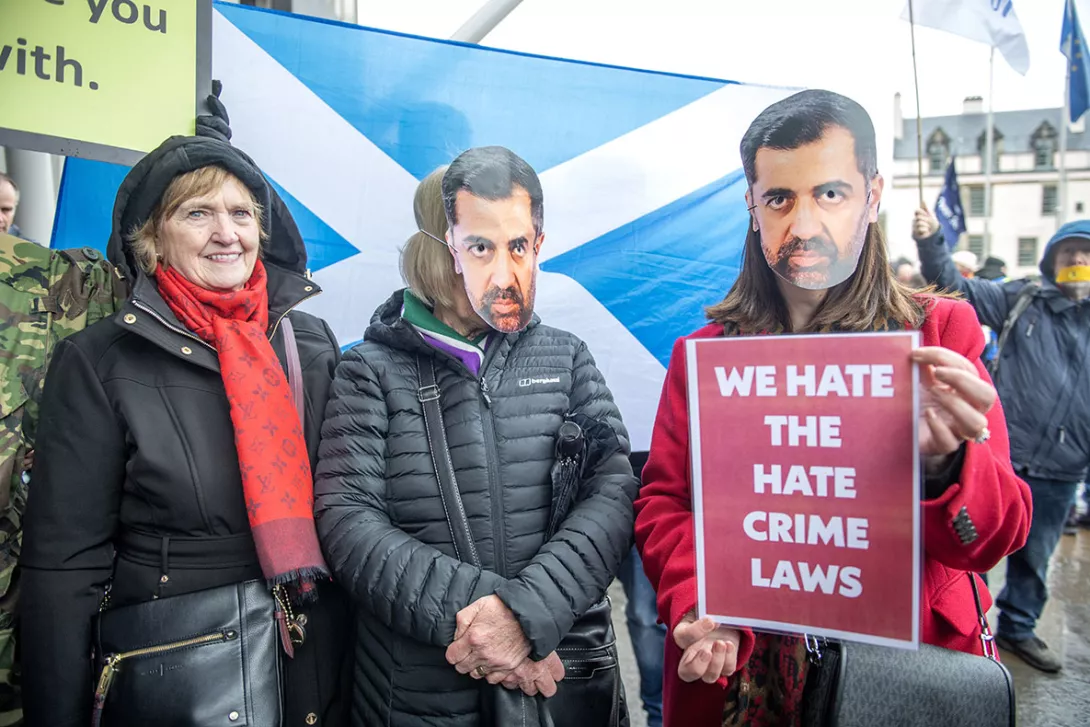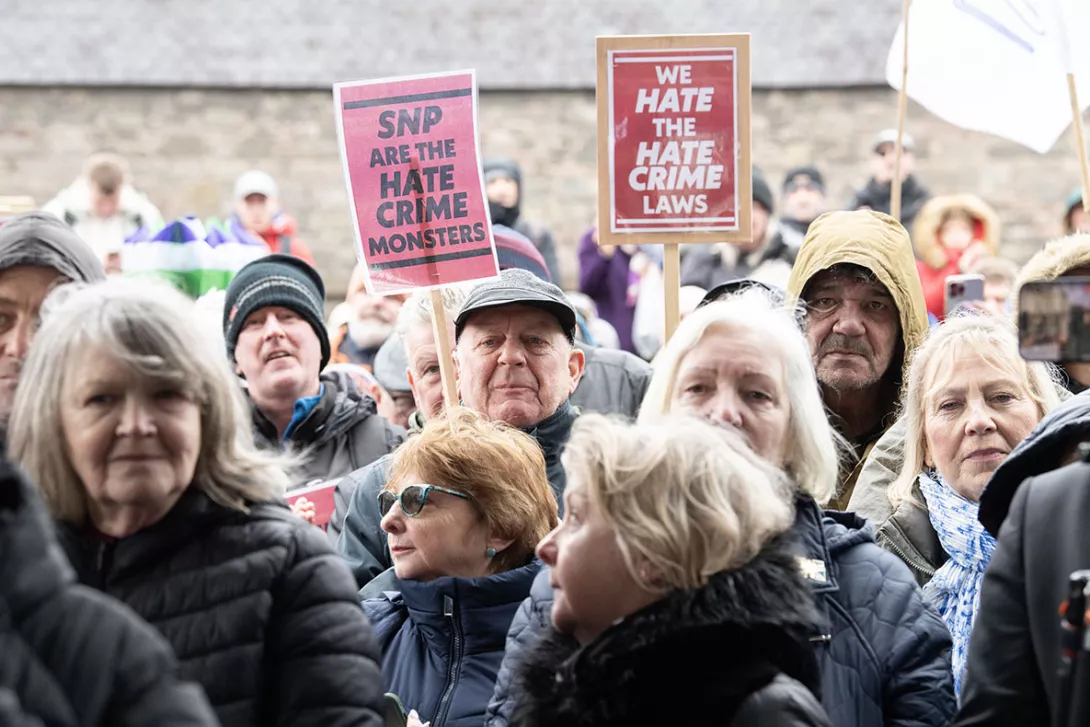SCOTLAND’S new hate crime law came into force today, sparking immediate concerns on free speech and enforceability.
The Hate Crime and Public Order (Scotland) Act passed with cross-party support in Holyrood almost three years ago, with the stated intention of consolidation all hate crime legislation.
It also added an additional offence of stirring up hatred against those with protected characteristics.


